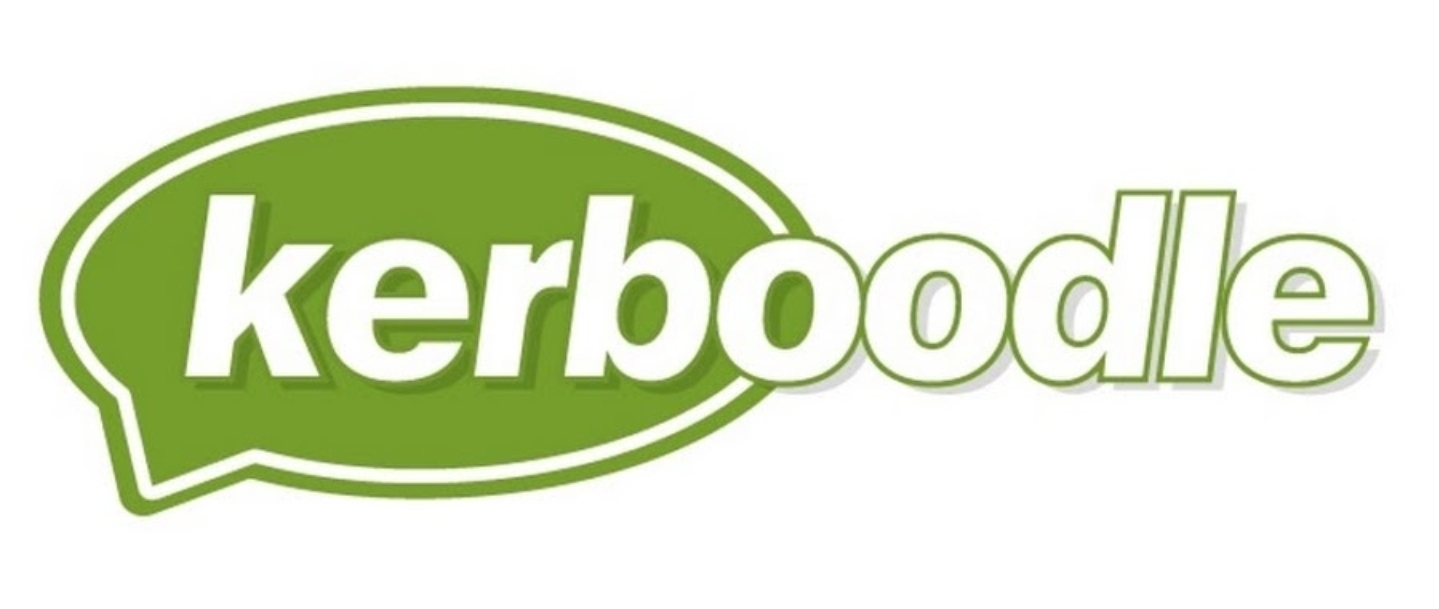The purpose of Homework:
- To promote independent learning/self-discipline.
- To consolidate learning.
- To practice learning (by doing).
- To help enhance the pupil/parent/teacher partnership.
- To develop revision habits.
- To develop study skills.
Underlying principles of Homework:
- All homework in Year 7-10 will follow a consistent format across all subjects.
- Homework in Year 11 will be linked to revision.
- Pupils, in Years 7-10, will receive Homework Sheets from each subject for each unit they will study.
- Pupils’ homework will be to learn a specified section of the Homework Sheet which they will be tested on in a follow up lesson.
- Parents and carers can easily support their child with their homework by testing them on the section they have been given for homework.
- All homework and deadlines can be accessed online through ‘Edulink’. Spare copies of the Homework Sheets can be found on the Revision Hub.
Library:
The school has an excellent library with a wide stock of the latest fiction and non-fiction books and incorporates a large computer suite. Pupils are allowed to borrow one fiction book for a period of two weeks (this may be renewed). Pupils will be reminded about overdue books in their library lessons in English. If books are lost, they must be paid for.
We have a librarian available throughout each school day including break, lunch time and after school. The library is open to pupils at break and at lunchtimes.
Accelerated Reader:
Reading is an essential skill. At Mount Carmel, we endeavour to ensure that all our pupils can practise, develop, and excel in reading through the Accelerated Reader scheme. This scheme involves pupils selecting a book from the school library and reading it in their library lessons in school and at home. Pupils should be reading for 20 minutes every night. This will be set by English teachers as an additional weekly Homework. Once pupils have finished reading their book, they will then take an online quiz on the Accelerated Reader programme to check their comprehension of it.
School based support
Homework in the Library
At Mount Carmel we offer:
- A ‘Homework’ club in the Library on weekdays following school. This allows pupils to complete their tasks in a calm environment with the opportunity for support from experienced colleagues.
- The Library is fully equipped with ICT facilities and internet access.
We encourage all our pupils:
To use the Library and its facilities by attending Homework club.
To attend any intervention that is offered to ensure there are no gaps in the learning of your child.
Edulink
We use Edulink to upload homework. All pupils are provided with a log-in for this platform.

Kerboodle
Use this link to log-in to Kerboodle.
GCSE Pod
Mount Carmel subscribe to GCSE Pod, which is a multi award-winning digital publisher of in-depth curriculum knowledge for over 27 GCSE subjects. This is provided to all pupils free of charge. Log-ins are given to pupils.
Seneca
Seneca offers free online GCSE and KS3 courses which are exam board specific and written by examiners and industry experts.
Seneca’s groundbreaking research involved 1120 students and was published in the peer reviewed academic journal IMPACT. The study found that students using Seneca performed 105% better than peers studying using revision guides.
To register free of charge:
Step 1: Visit senecalearning.com and sign-up
Step 2: Select a student, teacher or parent account
Step 3: As a student, add your courses and join your teacher’s class
Step 4: Start learning for free


.jpg)